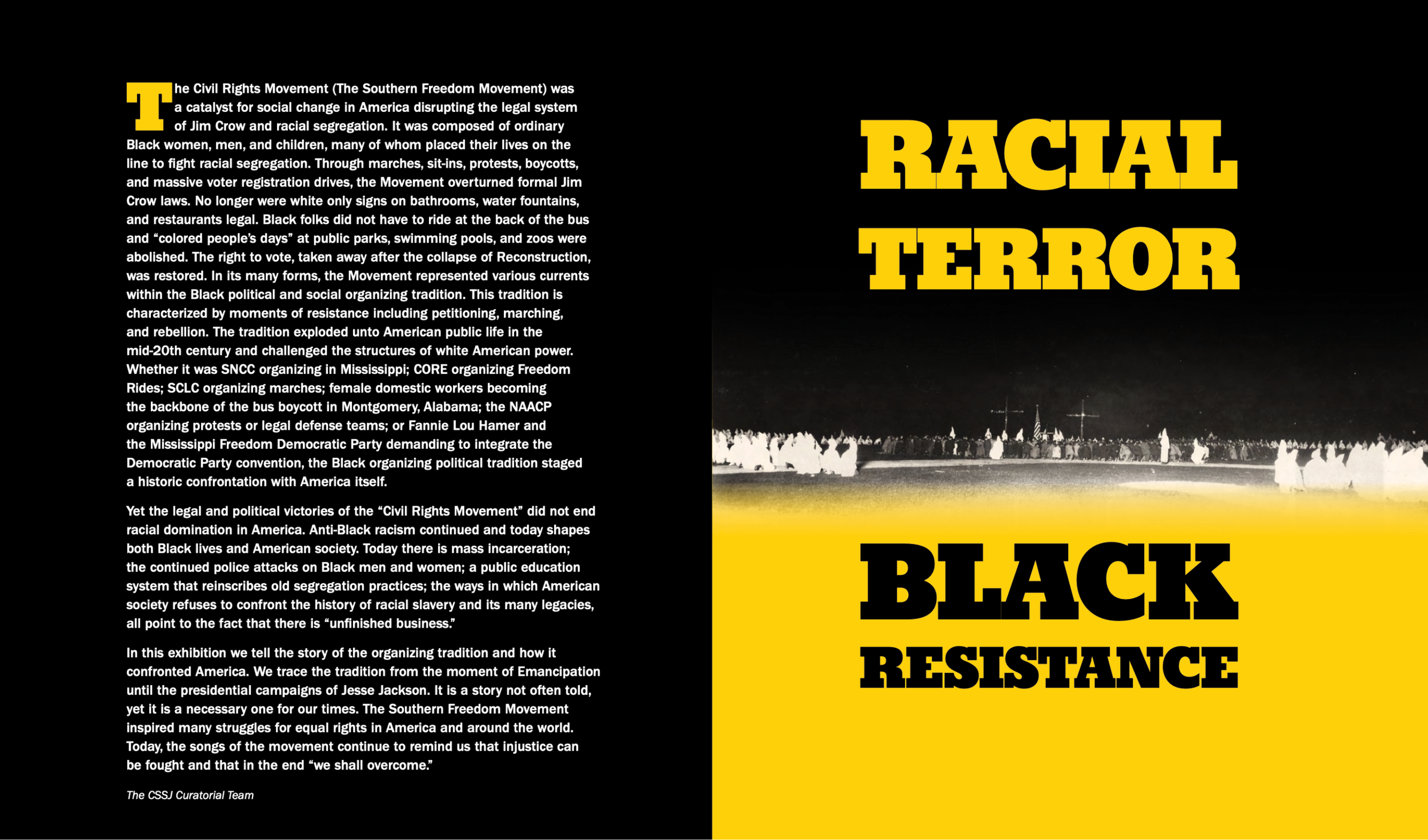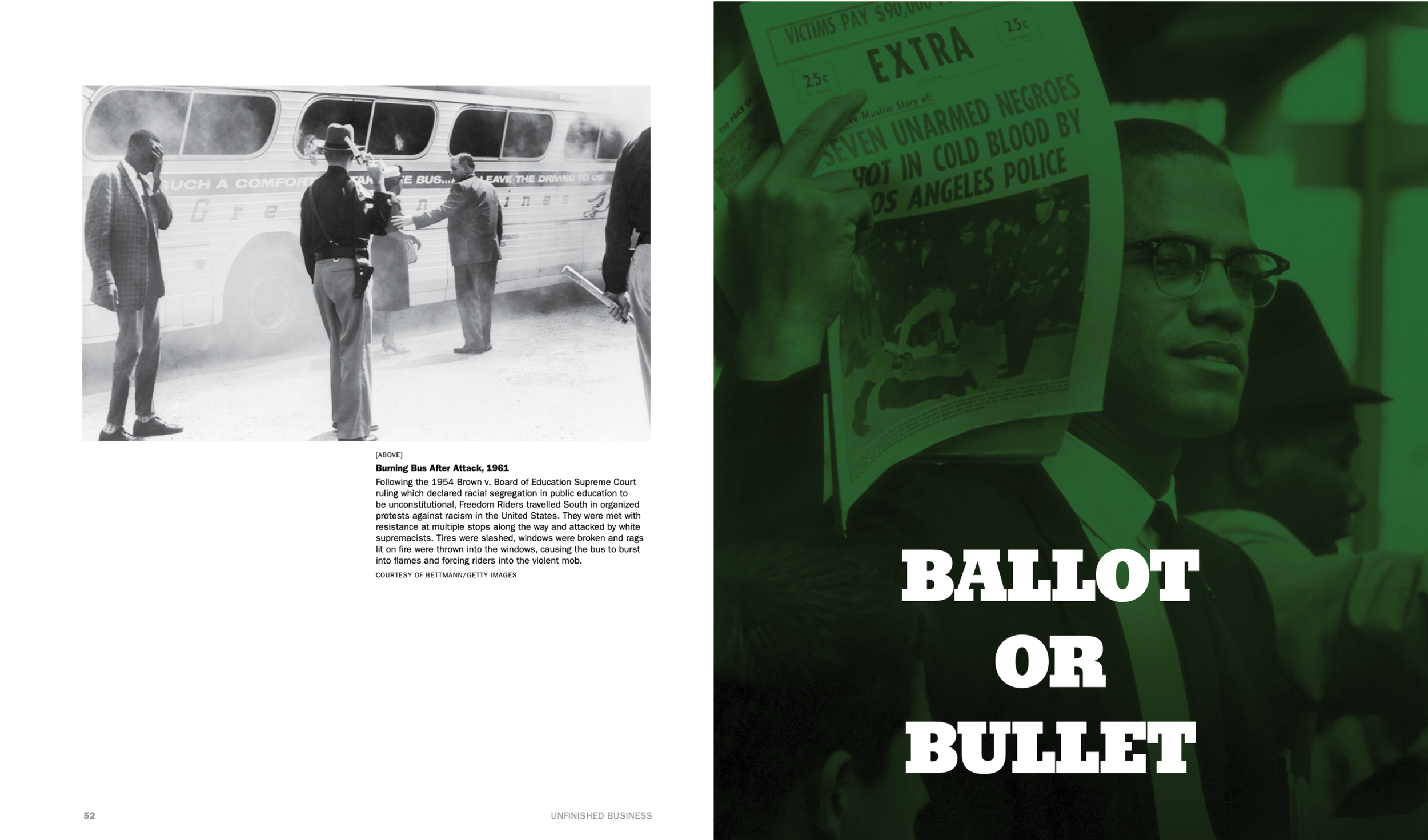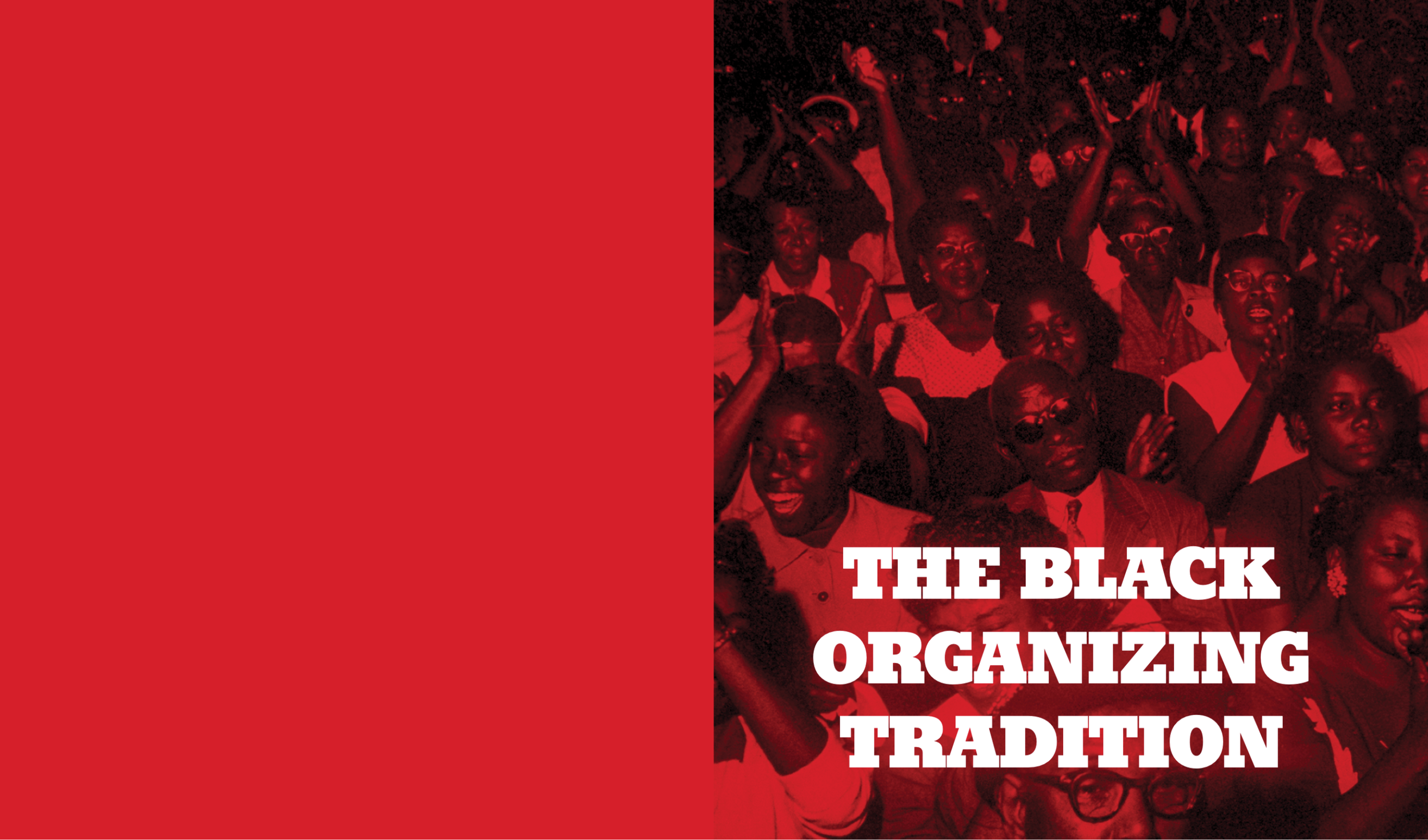“So blackness, as visual marker, produces within the dominant frame of common sense the death of the black person. Black life becomes disposable – is a lack, has no interiority, is locked upon itself. As a visual marker, the black body has no escape. Its public presence is an affront. It must be tamed, put back in its place. It must not be allowed to breathe, because breath is life, and if black bodies have breath then black bodies have life. Is this America? Yes, but this is not an American phenomenon.”
In preparing this curated selection, VIAD Visiting professor & Curator Anthony Bogues penned his thoughts on anti-Black racism in America, its global roots and the historic counter-symbolic move of the Black Lives Matter movement. Click here to read Black Lives Matter and the Moment of the Now (re-published in the Mail&Guardian / link).
Click below for the recorded Zoom feedback session | Anthony Bogues in dialogue with Thabang Monoa.
Black Critique | Boundary 2 Anniversary Lecture (58 mins)
“It is important for us to think about the humanities as a way in which we can understand the world as something that we do - that is: we make.”
Curated by the Center for the Study of Slavery and Justice (where Prof Bogues is Director), Unfinished Business: The Long Civil Rights Movement explores the Civil Rights Movement (The Southern Freedom Movement), a catalyst for social change in America that disrupted the legal system of Jim Crow and racial segregation. It was composed of ordinary Black women, men and children, many of whom placed their lives on the line to fight the laws of racial segregation.
The Human: An Alternative Ground for ‘Development’: Anthony Bogues’ reflection on rethinking human development.
In seeking to ‘re-articulate Human Development’, the UN Development Programme and International Science Council recently interviewed VIAD Visiting Professor and Curator Anthony Bogues.
“As much as it is critical to address the challenges such as health, education, poverty, political participation; such discussions need to be underpinned by a rethinking of what we are, humans. Indeed, this reframing allows raising other dimensions of critical importance: our relation to the biosphere and other inhabitants of the Earth, as well as our role and place within new technological systems”
Anthony Bogues, VIAD Visiting Professor & Curator








